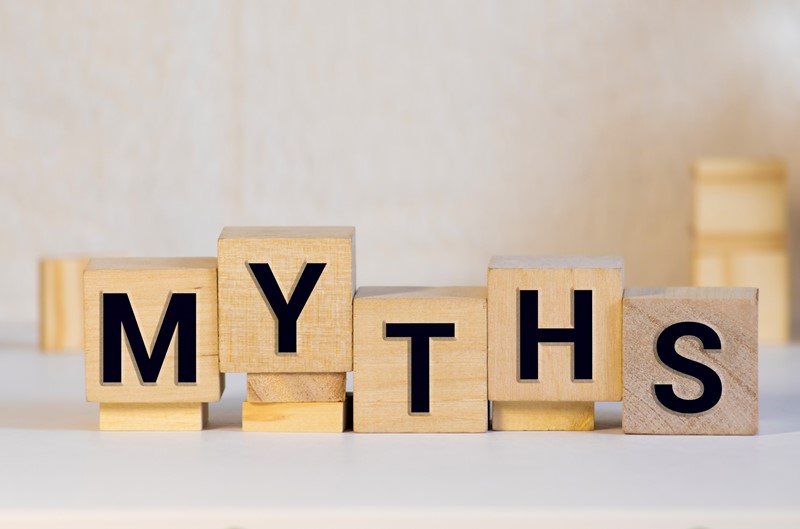Employing an apprentice

There are special rules to observe when employing an apprentice in the UK. Basically, an apprentice takes part in a structured training program that combines working with studying. Apprentices gain
MTD for Income Tax draws closer

The mandatory rollout of Making Tax Digital for Income Tax (MTD for ITSA) is scheduled to begin in April 2026. The process will significantly adjust how businesses, self-employed individuals, and
Myths about self-assessment

In a recent press release, HMRC addressed some common misconceptions about who needs to file a self-assessment return before the 31 January 2025 deadline and clarifies some of the most widespread
Claims to reduce payments on account

Self-assessment taxpayers are usually required to pay their Income Tax liabilities in three instalments each year. The first two payments are due on 31 January during the tax year and 31 July
Ask for advice

Asking your accountant for advice offers a range of benefits, particularly in guiding both business and personal financial decisions. Here are some key advantages:
Expert Financial
Beware overtrading

Overtrading occurs when a business expands its operations at a pace that exceeds its available working capital and financial resources. This can happen when a company takes on more business than it
Tax Diary October/November 2024

1 October 2024 – Due date for Corporation Tax due for the year ended 31 December 2023.
19 October 2024 – PAYE and NIC deductions due for month ended 5 October 2024. (If you pay your tax
Qualifying for Business Asset Disposal Relief

Business Asset Disposal Relief (BADR) applies to the sale of a business, shares in a trading company, or an individual’s interest in a trading partnership. When this relief is available, a reduced
Claiming Child Trust Fund cash

If you turned 18 on or after 1 September 2020, there may be cash waiting for you in a dormant Child Trust Fund (CTF).
If your children recently turned 18 you should check to see if they have claimed
Present self-employed NIC rates

Most self-employed people are required to pay Class 4 National Insurance contributions (NICs) if their profits are £12,570 or more a year. Class 4 NIC rates for the tax year 2024-25 are 6% for


